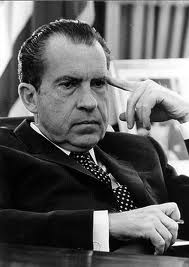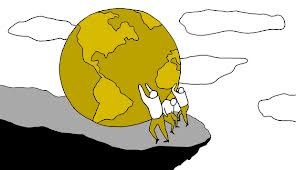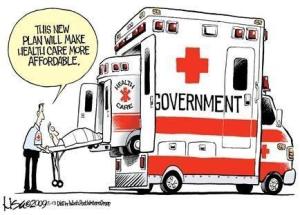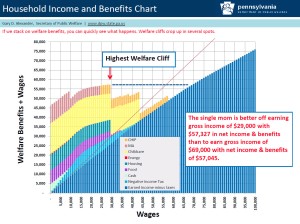
Black nationalism (BN) advocates a racial definition (or redefinition) of indigenous national identity, as opposed to multiculturalism. There are different indigenous nationalist philosophies but the principles of all African nationalist ideologies are unity, and self-determination or independence from European society. Martin Delany is considered to be the grandfather of African nationalism.
Inspired by the apparent success of the Haitian Revolution, the origins of African indigenous nationalism in political thought lie in the 19th century with people like Marcus Garvey, Henry McNeal Turner, Martin Delany, Henry Highland Garnet, Edward Wilmot Blyden, Paul Cuffe, etc. The repatriation of African American slaves to Liberia or Sierra Leone was a common African nationalist theme in the 19th century. Marcus Garvey’s Universal Negro Improvement Association of the 1910s and 1920s was the most powerful black nationalist movement to date, claiming 11 million members.
According to Wilson Jeremiah Moses in his famous work Classical Black Nationalism, African nationalism as a philosophy can be examined from three different periods giving rise to various ideological perspectives for what we can today consider what African nationalism really is.
The first period was pre-Classical African nationalism beginning from the time the Africans were brought ashore in the Americas up to the Revolutionary period. The second period began after the Revolutionary War, when a sizable number of Africans in the colonies, particularly in New England and Pennsylvania, were literate and had become disgusted with the social conditions that arose out of Enlightenment ideas.
We find in such historical personalities as Prince Hall, Richard Allen, and Absalom Jones a need to found certain organizations as the Free African Society, African Masonic lodges and Church Institutions. These institutions would serve as early foundations to developing independent and separate organizations. The third period of African nationalism arose during the Post-Reconstruction Era, especially among various African-American clergy circles. Separate circles had already been established and were accepted by African-Americans because of the overt oppression that had existed since the inception of the United States.
This latter phenomenon led to the birth of modern African nationalism which stresses the need to separate and build separate communities that promote strong racial pride and which collectivize resources. This ideology has become the philosophy of groups like the Moorish Science Temple and the Nation of Islam. Although, the Sixties brought on a heightened period of religious, cultural and political nationalism, African nationalism would later influence afrocentricity.
Source: http://www.wikipedia.com







